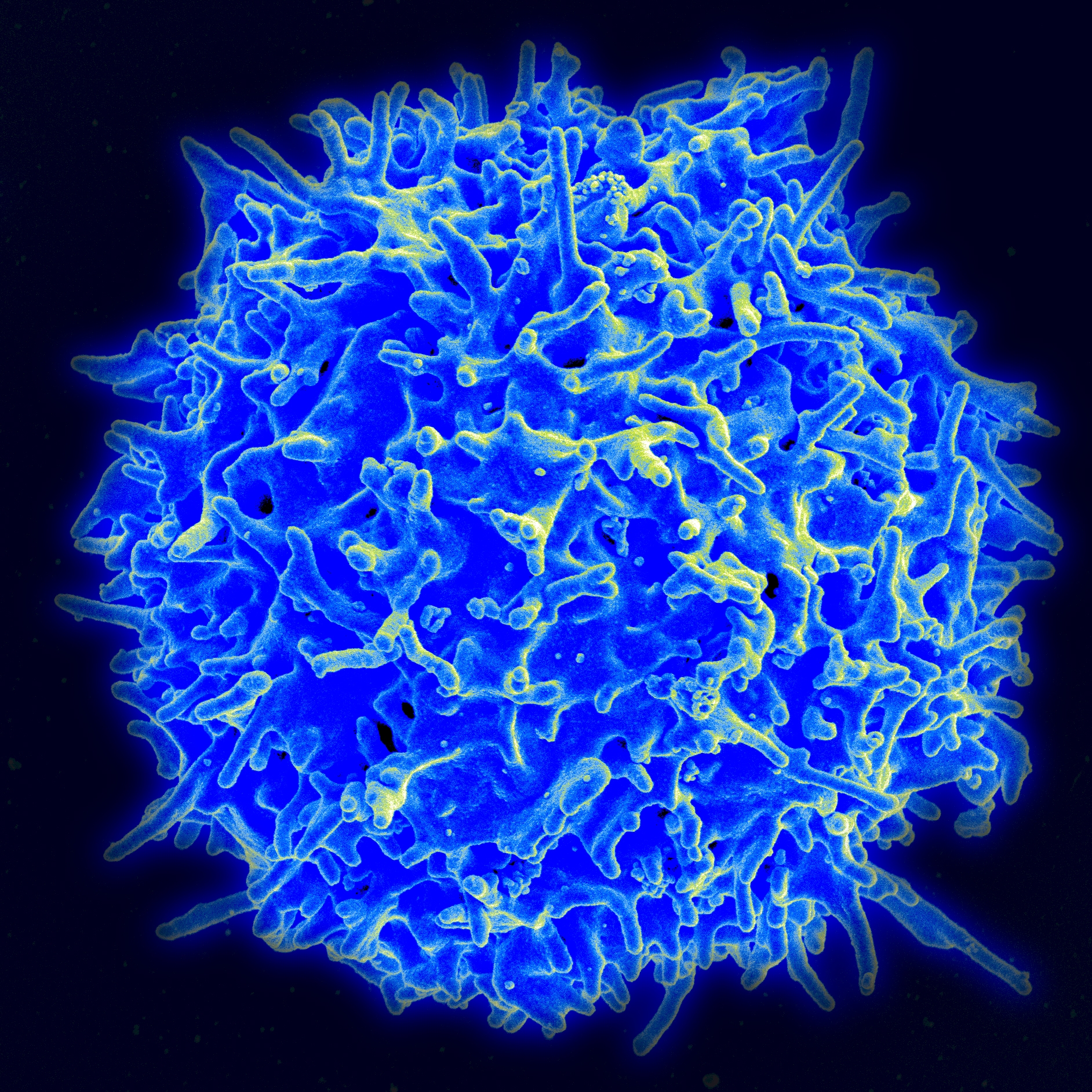If you're a hematologist or oncologist, chimeric antigen receptor T cells have been a source of wonder and relief. While it's still early days for CAR-T treatment, which was first approved by the Food and Drug Administration in 2017, over 10,000 people with blood cancer have been treated with CAR-T drugs, and hematologists tend to think of CAR-T as a game-changer.
We'll circle back to that in a minute, but first, there's been an interesting bit of news regarding CAR-T from a group of researchers in New York. These researchers are seeking an answer to a fairly simple question: What if we didn't have to age? No biggie, right?To be more accurate, what the researchers were actually investigating is senescent cells – old cells that no longer replicate which build up in the body over time, causing damage and harmful inflammation wherever they go. While not the only source of aging and human maladies, senescent cells certainly contribute heavily to the wear and tear our bodies suffer as we get older.
We already have drugs that can eliminate senescent cells, but as the researchers noted, these treatments require constant transfusions. But when they tested CAR T cells in mice after modifying them to target senescent cells, they discovered that the mice lived permanently healthier lives after just one treatment. Lower body weight, improved metabolism, increased physical activity, and best of all, this happened without causing tissue damage or toxicity. Older mice were rejuvenated and refreshed, while younger mice simply aged slower.
Now, humans live a lot longer than mice, so it's likely we'll need multiple transfusions over the course of our lifetimes to sustain the CAR T anti-aging effect, but we're still talking periods of years rather than days or even hours for current anti–senescent cell drugs. And if we've learned anything from the Ozempic debacle, people will absolutely line up to take a miracle drug, even if it means taking away from the people who actually need it.
And speaking of patients who actually need CAR T cells, they've been in the news for another, more interesting reason. The FDA has told the various CAR T manufacturers to add a warning to the labels of their respective drugs, noting that their anti-cancer products ... can cause cancer.
Since the first approval of a CAR T drug, the FDA has received 25 reports of rare blood cancers in patients who underwent CAR T treatment. In additions, multiple studies have been recently published that have noted a potential link between CAR T and new blood cancers.
Well, this is awkward.
It isn't actually as bad as it sounds. Ignoring the slight irony of people developing a new blood cancer after undergoing treatment for their initial blood cancer, 25 people is less than 1% of the total number of people who have received CAR T treatment. Also, it's still unknown whether or not the relationship between CAR T and these new blood cancers is causal or coincidental. The problem could very well be other things associated with cancer treatment, such as radiation or chemotherapy.
The solution then is really quite simple for cancer patients: Rather than bundling your cancer treatments all together, you should really order your chimeric antigen receptor T cells on their own. You know, à la CAR T.
I'll show myself out.


No comments:
Post a Comment